Jaipur Literature Festival 2020 to celebrate the vast bounty of Indian languages
India’s rich, diverse and colourful literary heritage remains at the core of the 13th Jaipur Literature Festival as it brings together writers from across India representing a multitude of the country’s languages. This year, the Festival hosts speakers from the vast canvas of Assamese, Bengali, Gujarati, Hindi, Malayalam, Marathi, Nagamese, Oriya, Prakrit, Rajasthani, Sanskrit, Santhali, Tamil and Urdu writing. The programme explores the magnificent legacy of these languages while examining contemporary trends in writing.
The 13th edition of the Festival, set to take place between 23-27 January, features over 300 speakers from India as well as across the world.
Conversations span the length and breadth of the country and include voices from known and lesser-known literary treasure troves searched with meticulous attention to contemporary linguistic narratives especially in the many regions of India, each with its own myriad literary traditions, norms and quirks. The idea is to sustain the incomparable vastness of our national languages amidst galloping globalisation and draw succour from an incredible linguistic and literary legacy.
Rajasthani language finds voice in its distinctive syntax and variety of dialects –- the iconic Rajasthani poet Chandra Prakash Deval, a pioneer poet of Rajasthani literature Raju Ram Bijarnian, eminent authors Ritupriya and Madhu Acharya will speak of the rich heritage and linguistic traditions of the state in a session titled “Rajasthani Binya Kyaro Rajasthan”. In a conversation with distinguished author Vishes Kothari, the panel will talk about the unique genius of Rajasthani literature in its many manifestations.
In another conversation, Vishes Kothari and Chandra Prakash Deval will speak to bilingual novelist Anukrti Upadhyay on Rajasthani writer, poet and litterateur Vijaydan Detha’s rich legacy of magical narratives. Detha belonged to a family of bards and contributed enormously in bringing folklore and oral traditions into the mainstream of Indian literature. This session will feature Vishes Kothari’s vivid English rendering of the Timeless Tales from Marwar, a handpicked collection from Detha’s celebrated Batan ri Phulwari - literally “Garden of Tales”.
Modern Hindi fiction represents a continuum between many pasts and an emergent present. Two prominent writers evoke the landscape of change. Kamlakant Tripathi’s recent novel Sarayu Se Ganga is a magnificent evocation of history and culture across the last century. Another prolific Rajasthani author Nand Bhardwaj’s latest collection of short stories Badalati Sargam also covers a range of themes that highlight the quirks and contradictions of a changing society. In conversation with celebrated Hindi author Anu Singh Chowdhary, they will speak and read from their new work.
An inspirational session titled “The Rivers, The Sky, The Self”, with four writers from north-east India, will speak of the landscape of memory, evoking folklore, oral narratives and the histories of their people. The panel consists of Esther Syiem, a bilingual poet, academic and playwright, who has also worked with oral scripting in Khasi; Easterine Kire, an award-winning poet, short story writer and novelist from Nagaland and author of the novel A Respectable Woman set against the decisive Battle of Kohima; and Mridul Haloi, winner of the Sahitya Akademi Yuva Puraskar in 2017 for the poetry collection Akale Aso Kushale Aso. The distinguished panel will be in conversation with academic and feminist publisher Urvashi Butalia and read from and speak of their work and the legacies of myth and memory.
Sanskrit has been the primary language of knowledge, learning and ritual in ancient and medieval India. Its rich traditions permeate most modern Indian languages, and its tremendous influence continues in every aspect of Indian life. It remains yet very much a living language, taught in schools, broadcast on All India Radio, and with over 90 publications published in it across the nation. In a splendid session, writers and scholars from across the world will discuss the grandeur, practicality and accessibility of Sanskrit and its role in the culture and daily life of modern times. The panel will feature Oscar Pujol, writer of the Sanskrit dictionaries titled Sanskrit-Catalan and Sanskrit-Spanish; Madhura Godbole, programme head of the Sanskrit Language Department at the American Institute of Indian Studies; Makarand R. Paranjape, poet, scholar and Director of the Indian Institute of Advanced Studies who has written extensively on pre and post-colonial Indian culture politics and society; Rachel Dwyer, Professor of Indian Culture and Cinema at School of Oriental and African Studies, University of London.
The landscape of Indian literature is multilingual and multivocal with 22 official languages and thousands of mother tongues and dialects. “Many Languages One Literature” will be a session that interrogates and celebrates the unity in this diversity with three celebrated writers - Aruni Kashya, KR Meera and Shubhangi Swarup will be reading from their works in Assamese, Malayalam and English, as they discuss the literary and linguistic context of their inspirations.
The Festival’s multi-faceted content promises a variety of linguistic riches.



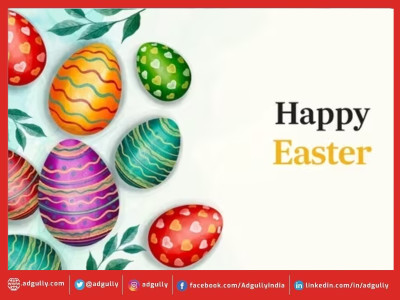
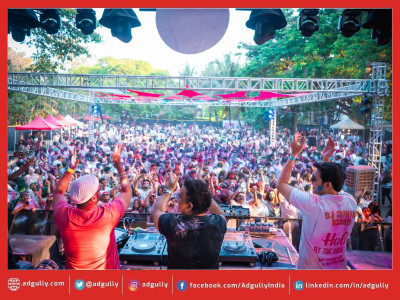
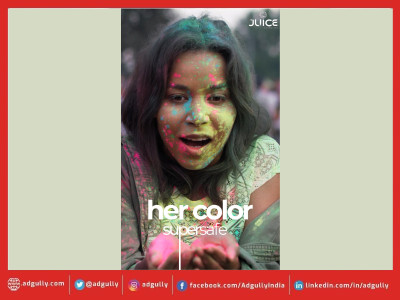
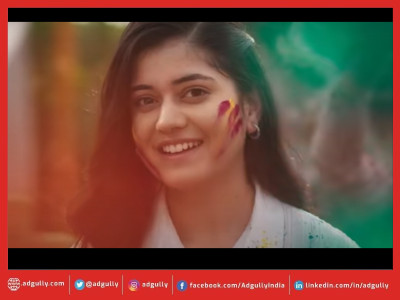
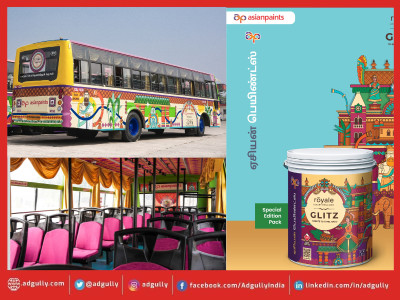

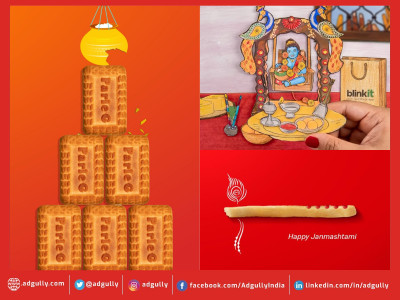
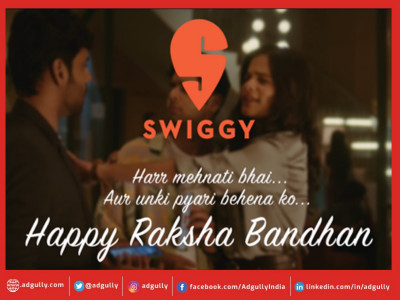

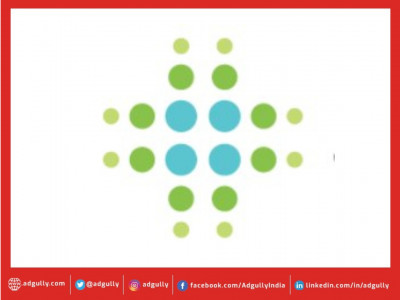

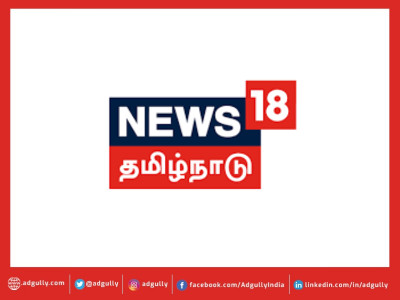

Share
Facebook
YouTube
Tweet
Twitter
LinkedIn